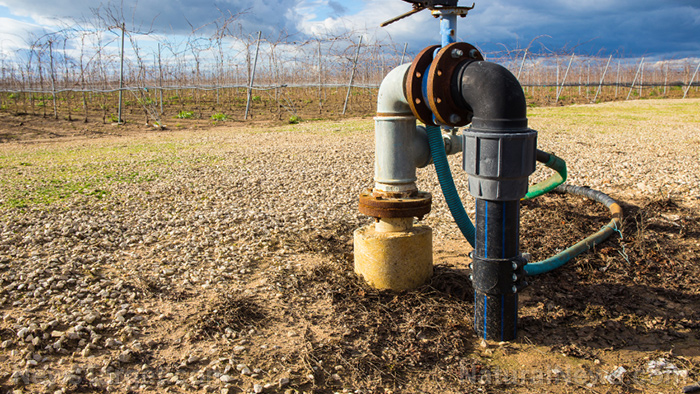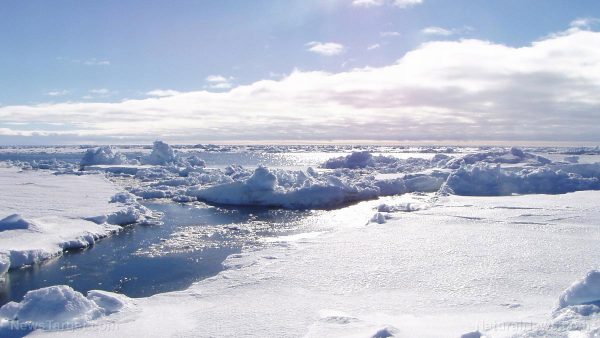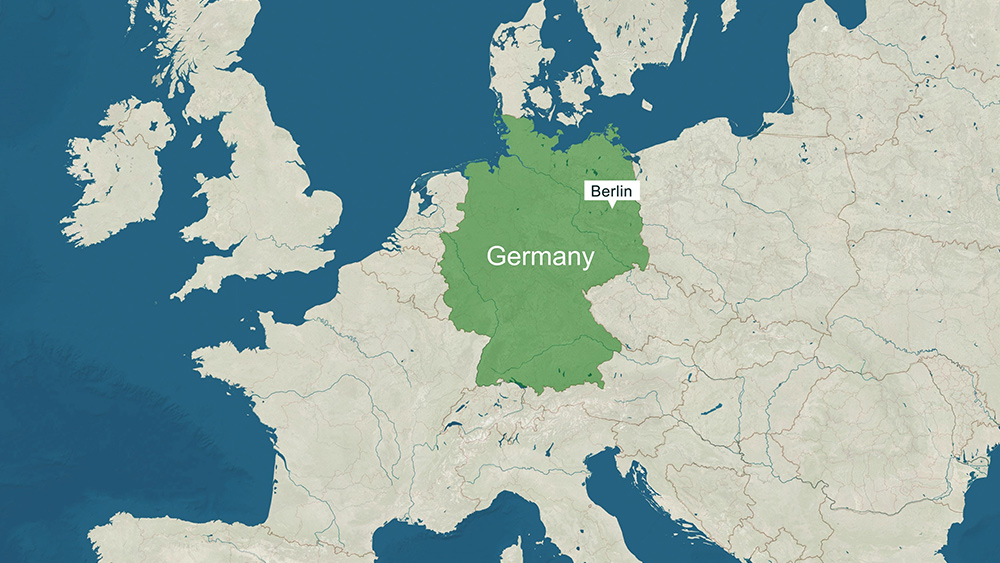Washington's
Department of Ecology (DOE) on Monday, July 24,
declared drought emergencies in a dozen counties in the state. The announcement was due to a lack of spring rain, low-flowing streams and early snowmelt.
A report from the Washington DOE revealed that some wells in Whatcom County in the northwestern part of the state are dry, while one water provider was tasked with hauling water in by truck. Officials also announced that another provider will likely start trucking in water soon.
Some farmers are already experiencing the impacts of this year's drier conditions.
David Haakenson, owner and operator of Jubilee Farm, said
weather conditions in the area are significantly different this year. The rains have been less frequent, he noted.
While Haakenson is used to adjusting workflow based on the weather, he expressed a desire to see investments in infrastructure to store precipitation from the winter to release during seasons like this one. Although it's a controversial proposal, Haakenson believes that it would help prepare the valley for droughts.
Communities, businesses and farms struggle amid state-wide drought
Jimmy Norris, a DOE spokesperson, said at least 350 water customers in the area are affected.
According to an emailed statement from the DOE, the Nooksack River Basin, made up of three water systems near Ferndale, "are operating on emergency status."
The statement also revealed that:
- The Baker View Water System is dealing with dry wells, with trucks hauling water.
- Aldergrove Water Association has wells that must go deeper. Norris explained that the wells are either currently drawing air or close to it and that hauling water via truck "may be the only option."
- Mountain View Water Association has opened an emergency intertie with Ferndale.
Drought concerns stem from warmer than normal temperatures and a lack of rainfall in May and June, reported the DOE.
According to the DOE, Washington received only 49 percent of its usual rainfall. The hot days in June also led to an early runoff of the snowpack that feeds many Washington rivers.
At the same time, the dry weather deprived the soil of "a final shot of moisture before the summer heat arrived."
"This drought is already harming Washington communities, businesses and farms," said Ecology Director Laura Watson in the statement.
Watson also advised that the state must immediately prepare for "a drier future."
Aside from Whatcom County, the DOE declaration covers portions of the following counties:
- Benton
- Clallam
- Columbia
- Jefferson
- Kittitas
- Klickitat
- Okanogan
- Skagit
- Snohomish
- Walla Walla
- Yakima
The rest of Washington, including the Seattle metropolitan area, is considered to be under a drought advisory.
Ecology officials reported that May and June 2023 ranked as the fourth warmest and 11th driest such period since 1895.
July and August are Washington state's driest months, and the
National Weather Service's long-range forecast predicts warmer than normal temperatures and below-average rainfall through October. Related:
FOOD COLLAPSE INCOMING: Ongoing drought forces farmers to abandon wheat crops.)
The emergency declaration allows state officials to regulate water use and makes available $3 million that can be granted to communities, irrigation districts, tribes and others severely affected by the drought.
Visit
Environ.news for more reports on droughts happening across America and the rest of the world.
Watch the video below for more
updates on the extreme drought happening in other parts of the world.
This video is from the
What is happening channel on Brighteon.com.
More related stories:
Home gardening tips: How to maintain a drought-resistant garden.
Spain’s ongoing DROUGHT pushes global olive oil prices to 26-year high.
Mississippi River drought wreaks havoc across America’s supply chains.
Sources include:
MyNorthwest.com
King5.com
BellinghamHerald.com
Brighteon.com
 Parler
Parler Gab
Gab










